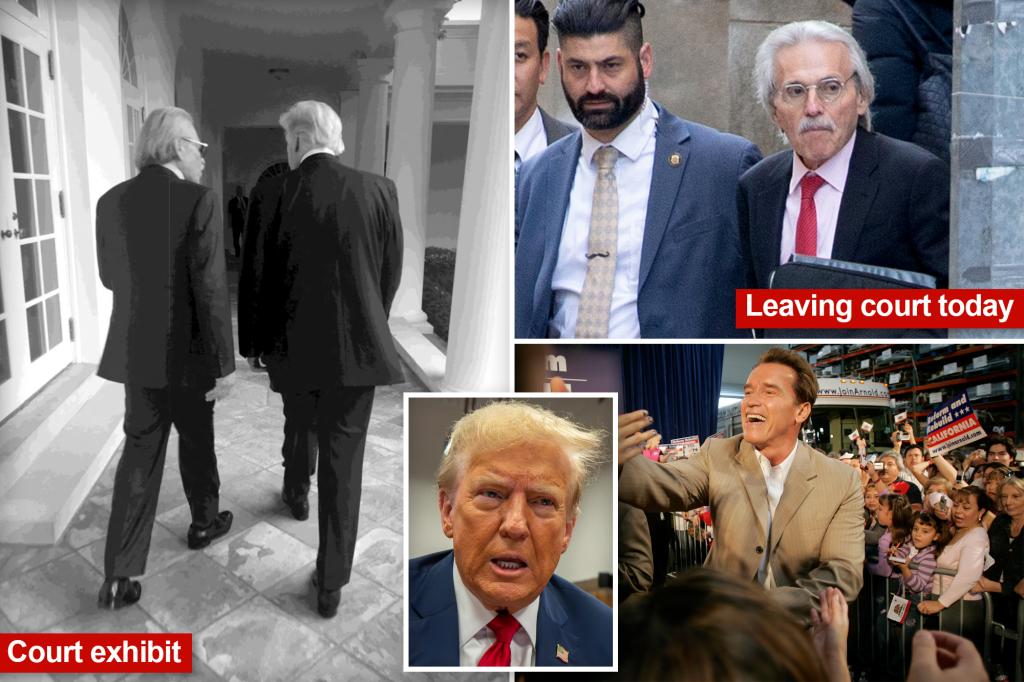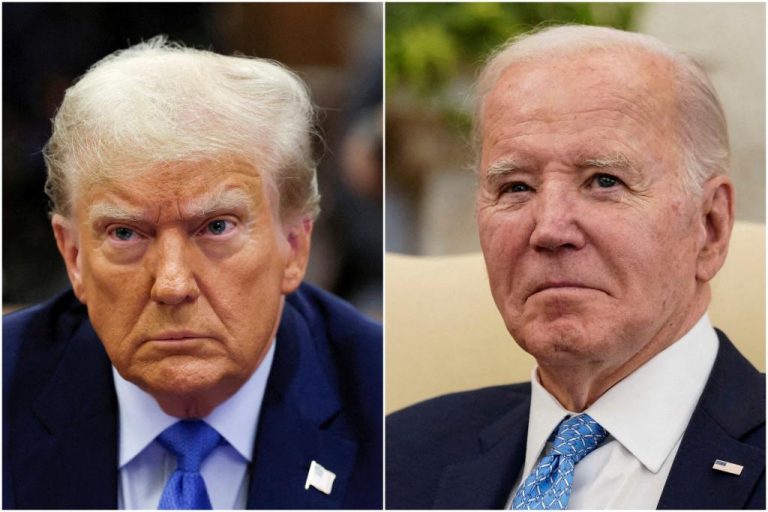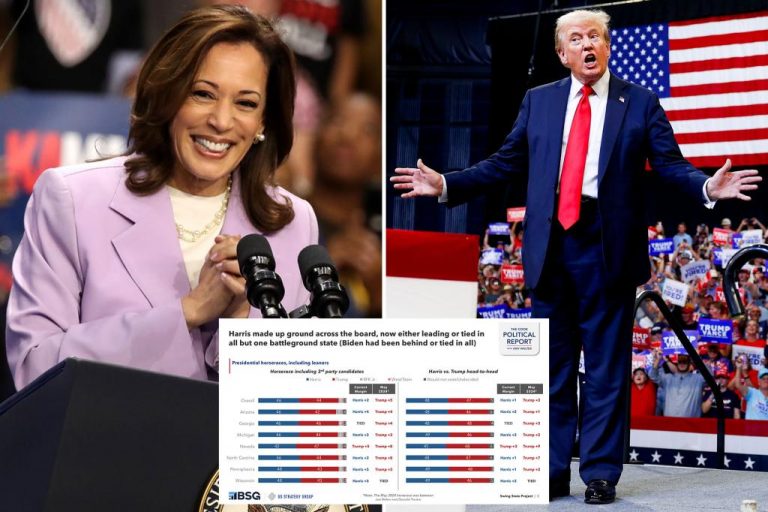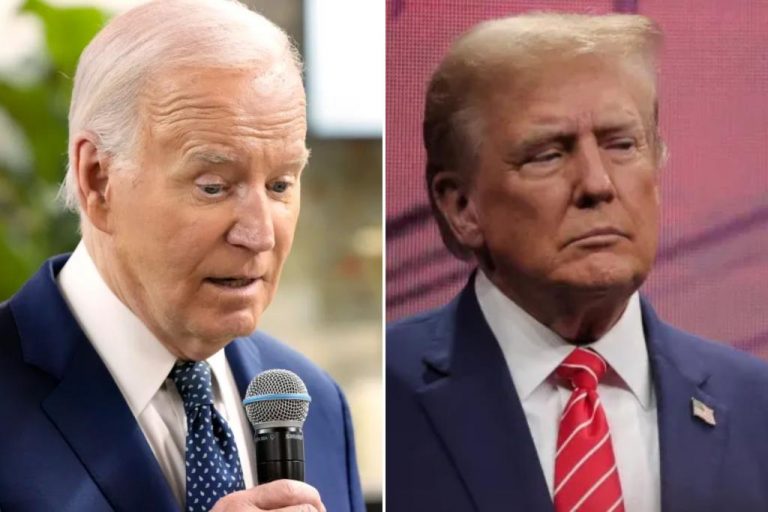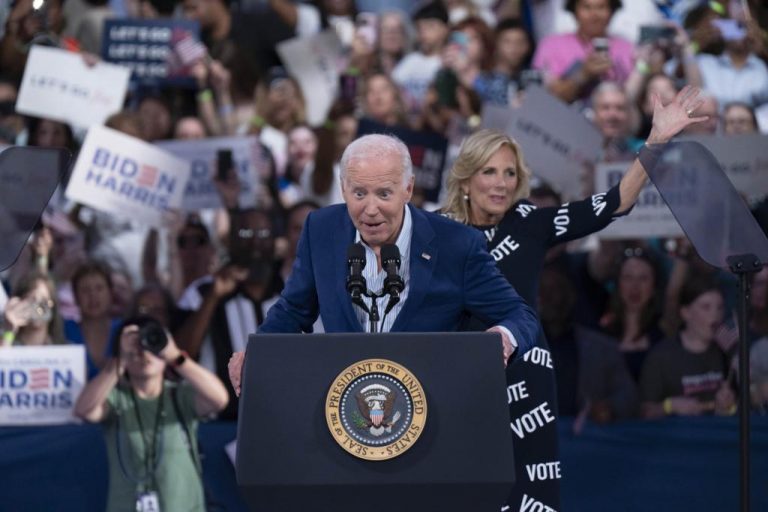David Pecker talks about burying negative stories about Trump at trial.
David Pecker, the former CEO of American Media, testified in court regarding the practice of “catch and kill” stories during the trial involving former President Donald Trump. This revelation sheds light on the manipulation of media narratives and the close relationship between tabloid publications and powerful figures.
The term “catch and kill” refers to the practice of purchasing exclusive rights to a story with the intention of burying it, preventing it from being published elsewhere. This tactic is often used to protect the reputation of high-profile individuals by suppressing potentially damaging information.
Pecker’s testimony provided insights into how American Media, the parent company of the National Enquirer, would acquire stories about Trump and other celebrities, only to suppress them at the request of the subjects. This unethical practice raises questions about the role of media in shaping public opinion and holding powerful individuals accountable.
Throughout the trial, Pecker detailed numerous occasions where stories about Trump’s alleged affairs or inappropriate behavior were obtained by American Media but never saw the light of day. The cozy relationship between the tabloid publisher and the former president highlights the blurred lines between journalism and PR in today’s media landscape.
Pecker’s testimony further shed light on the tactics employed by American Media to protect Trump and other influential figures. By acquiring exclusive rights to potentially damaging stories, the company effectively silenced any negative publicity that could harm their subjects.
The revelations from Pecker’s testimony have sparked widespread outrage and calls for greater transparency in media practices. The manipulation of information for the benefit of powerful individuals undermines the integrity of journalism and erodes public trust in the media.
As the trial unfolds, the implications of “catch and kill” practices are being closely scrutinized. The influence that tabloid publications hold over public perception and the ways in which they can be manipulated for political or personal gain are topics of concern for media watchdogs and the general public alike.
Pecker’s testimony serves as a stark reminder of the need for accountability and ethical standards in journalism. The unchecked power of media conglomerates to control narratives and protect the interests of the elite raises serious questions about the role of the press in a democratic society.
Moving forward, the revelations from the trial are likely to prompt discussions about media ethics and the need for greater transparency in reporting. As the public becomes more aware of behind-the-scenes maneuvers to manipulate information, demands for a more responsible and impartial media landscape are expected to grow.
The intersection of politics, journalism, and celebrity culture highlighted in Pecker’s testimony underscores the complex dynamics at play in today’s media environment. The influence wielded by tabloid publications and their ability to shape public opinion raise important considerations about media ownership and control.
Ultimately, Pecker’s testimony serves as a cautionary tale about the dangers of unchecked media power and the implications of prioritizing profit and influence over truth and accountability. As the trial continues, the wider implications of “catch and kill” practices are sure to reverberate throughout the media industry and spark conversations about the future of journalism.


